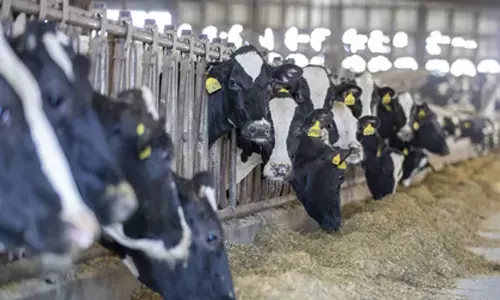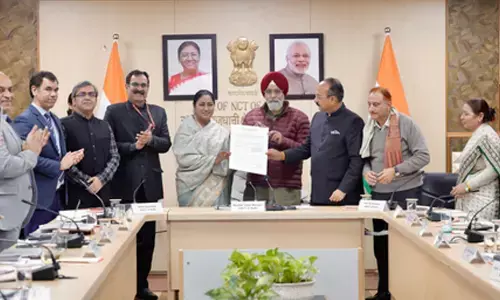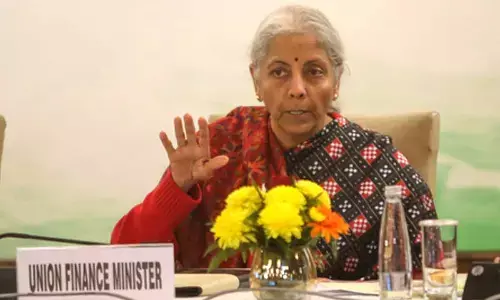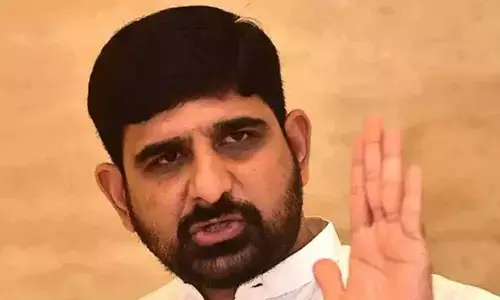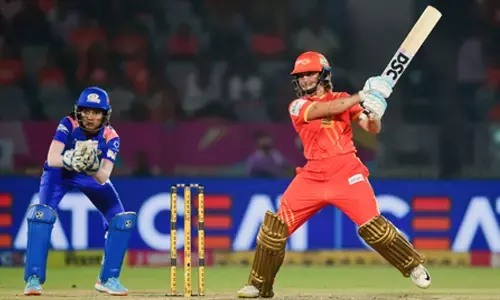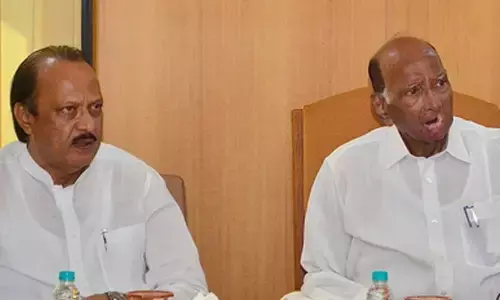Pompeo in reassurance mission to Iraq over US Syria pullout plans
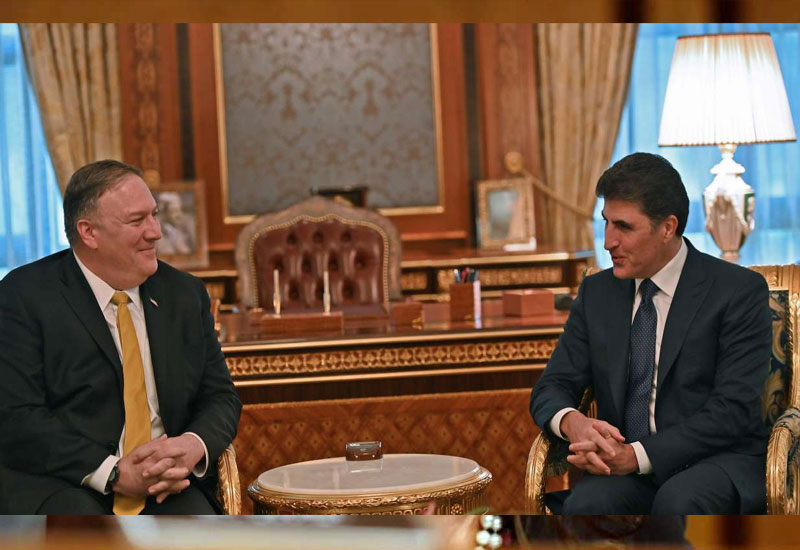
US Secretary of State Mike Pompeo sought to reassure Iraqi officials on Wednesday that Washington remained committed to the fight against the Islamic State group as he pressed a tour of regional allies troubled by US plans to withdraw from Syria
US Secretary of State Mike Pompeo sought to reassure Iraqi officials on Wednesday that Washington remained committed to the fight against the Islamic State group as he pressed a tour of regional allies troubled by US plans to withdraw from Syria.
Pompeo's talks on an unannounced visit come less than two weeks after President Donald Trump drew criticism for failing to meet a single Iraqi official during a surprise Christmas trip to US troops at Al-Asad Air Base in western Iraq.
The US top diplomat was in the Middle East to urge allies to continue to confront the "significant threats" posed by Iran and jihadists despite Trump's shock decision last month to withdraw all US troops from Syria.In Baghdad, Pompeo met a raft of senior officials including Prime Minister Adel Abdel Mahdi and President Barham Saleh.
Pompeo ducked reporters' shouted questions about US pullout plans, but Saleh replied that Baghdad wanted Washington to remain engaged.
"We will need the support of the US," he said, expressing "gratitude to the US for support over the years"."ISIS is defeated militarily, but (the) mission is not accomplished," Saleh added, using an alternative acronym for IS.
Pompeo flew in from Amman and was also due to visit Cairo, Manama, Abu Dhabi, Doha, Riyadh, Muscat and Kuwait City on his longest trip since taking office last year.Ahead of his tour, the US top diplomat said the campaign to destroy the jihadists' self-styled "caliphate" in war-battered Syria had been "enormously successful".
"And I am confident that we will continue to ensure that the kind of rise that ISIS had under the (Barack) Obama administration doesn't occur again," he told the travelling press.
Trump used his lightning December 26 visit -- his first to US troops in a conflict zone since being elected -- to defend his Syria withdrawal plans and declare an end to America's role as the global "policeman." He caused a political storm when he announced the pullout claiming IS had been defeated despite continued deadly fighting between US-backed forces and the jihadists in eastern Syria.
Trump has since rowed back, vowing the withdrawal will be done in a "prudent" way.
Members of his administration have gone further, saying that the timeline of any pullout remains dependent on events on the ground.There are many in Iraq, particularly in pro-Iran factions, who would like an accelerated timetable for a US withdrawal from Iraq too.
But Trump has stressed that he expects US troops to remain in Iraq, from where they can carry out operations in neighbouring Syria if necessary.
Any failure to root out IS from border districts of Syria where they retain a presence poses a security concern for Iraq.
The 600-kilometre long frontier is porous and districts on the Iraqi side were the last from which Baghdad's forces ousted the jihadists.Iraq declared victory over IS in December 2017, but the jihadists retain a network of sleeper cells in major cities and continue to conduct hit-and-run attacks from mountain or desert hideouts.
On Tuesday, a car bomb killed two people in the city of Tikrit, north of the capital, police said.
The Trump administration's insistence on treating Tehran as a threat as big or even bigger than IS also poses major difficulties for Iraq.
Since the US-led invasion of 2003, Tehran has become a political force in Iraq with influence rivalling that of Washington.Iran too provided support for Iraq's fightback against the jihadists after they advanced to within striking distance of the capital in 2014.And Iraq has developed a dependency on imports from its eastern neighbour that is difficult to break.Iraq suffers from a chronic shortage of power that leads to routine outages lasting much of the day in many areas that have prompted angry protests.It depends on imports from Iran of both electricity and gas to generate it, to keep up even existing supply.
Washington has granted Baghdad waivers from the crippling unilateral sanctions it reimposed on Tehran last year after Trump pulled out of the landmark 2015 nuclear deal agreed by his predecessor Barack Obama.But members of his administration have put increasing pressure on the Iraqi government to stop seeking waivers and call in US firms to provide an alternative.For Baghdad, that is politically unthinkable and Iraqi officials have called for a longer-term special status instead.










